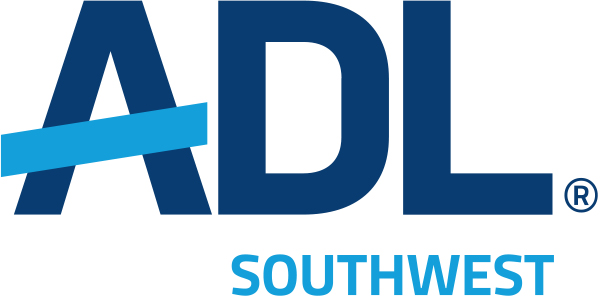ADL annual report found more than 2,100 acts of antisemitic hate; 56 percent increase in assaults, four fatalities
Houston, TX May 12, 2020 … The American Jewish community experienced the highest level of antisemitic incidents last year since tracking began in 1979, with more than 2,100 acts of assault, vandalism and harassment reported across the United States, according to new data from ADL (the Anti-Defamation League). The record number of incidents came as the Jewish community grappled with vicious and lethal antisemitic attacks against communities in Poway, Jersey City and Monsey, and a spree of violent assaults in Brooklyn.
The 2019 ADL Audit of Antisemitic Incidents, issued today, found that the total number of antisemitic incidents in 2019 increased 12 percent over the previous year, with a disturbing 56 percent increase in assaults. The audit found there were, on average, as many as six antisemitic incidents in the U.S. for each day in the calendar year – the highest level of antisemitic activity ever recorded by ADL.
The year included five fatalities directly linked to antisemitic violence and another 91 individuals targeted in physical assaults.
ADL’s Southwest Region, which covers Southern Texas from El Paso to Beaumont and Orange, saw a 20 percent increase in incidents, with a 12.5 percent increase in harassment and a 14 percent increase in vandalism. The Region also logged one assault, while there were no antisemitic assaults reported in 2018.
Regional incidents included swastikas on Jewish property, antisemitic flyers posted by an extremist group, threatening phone calls, antisemitic social media posts, a physical attack on a Jewish student and verbal attacks.
“Many Jewish communities across the country had direct encounters with hate, south Texas included,” said Mark B. Toubin, ADL Southwest Regional Director. “As antisemitism rises, so does anxiety and fear in our communities. Generally, we see an uptick in hate directed against other communities, as well. We are committed to fighting all hate and will work with others, including our elected leaders, schools, civil rights organizations and the greater community to stop this rising tide.”
Major National Findings of the Audit:
In 2019, ADL counted a total of 2,107 antisemitic incidents across the U.S., a 12 percent increase from the 1,879 incidents recorded in 2018.
ADL’s Audit classifies all incidents into three categories: assault, harassment and vandalism. Of the total incidents reported in 2019:
- Harassment: There were 1,127 harassment incidents, cases where one or more Jews reported feeling harassed by the antisemitic language or actions. Acts of harassment increased by 6 percent from 1,066 in 2018.
- Vandalism: There were 919 vandalism incidents, cases where property was damaged in a manner which that harmed or intimidated Jews. Swastikas, which are generally interpreted as symbols of antisemitic hatred, were present in 746 of these incidents. Acts of antisemitic vandalism increased 19 percent from 774 in 2018.
- Assault: There were 61 assault incidents, cases where individuals were physically targeted with violence accompanied by evidence of antisemitic animus. Antisemitic assault increased 56 percent from 39 in 2018. Eleven of the 61 assaults were perpetrated with deadly weapons such as guns or knives. The 61 assault incidents harmed 95 victims, including five fatalities.
ADL’s Center on Extremism has gathered the complete 2019 data, as well as data from the previous two years, on ADL’s H.E.A.T. Map, an interactive online tool that allows users to geographically chart antisemitic incidents and events nationally and regionally.
How ADL is Responding
ADL has a comprehensive approach to addressing antisemitic incidents and behavior, including educating youth to prevent these incidents and working with law enforcement to apprehend the perpetrators. ADL works to enact laws to improve federal, state, and local prevention tactics and response to antisemitic hate crimes and all forms of hate violence.
ADL partners with law enforcement to raise awareness of extremist threats and trains law enforcement professionals to recognize and disrupt potential threats. ADL likewise provides education and training every day to students, reaching young people at a time when they are most vulnerable to bullying and social pressures. ADL also works with victims and universities to respond to antisemitic harassment and other worrying incidents on college campuses. Finally, ADL’s No Place for Hate and Words to Action programs teach understanding and promote inclusivity in schools and on campuses, respectively.

